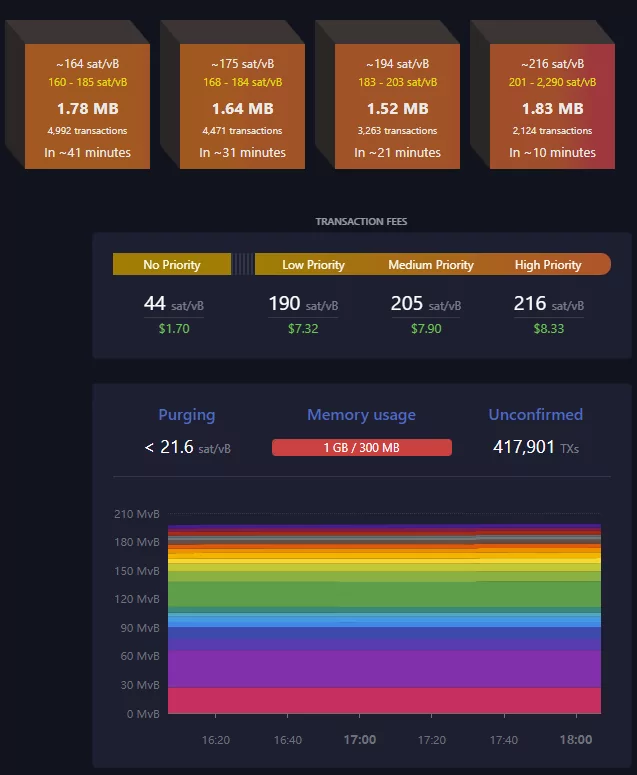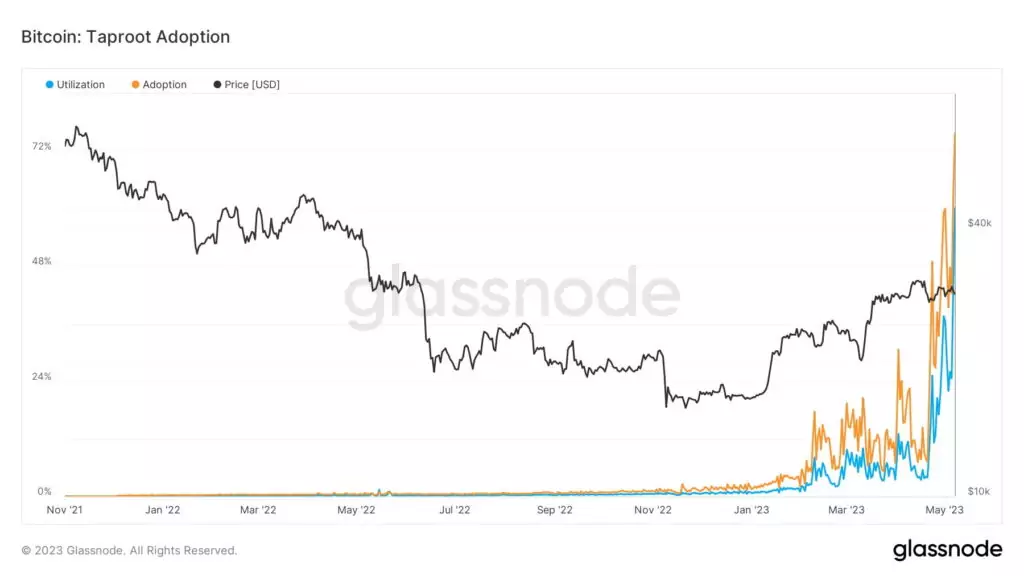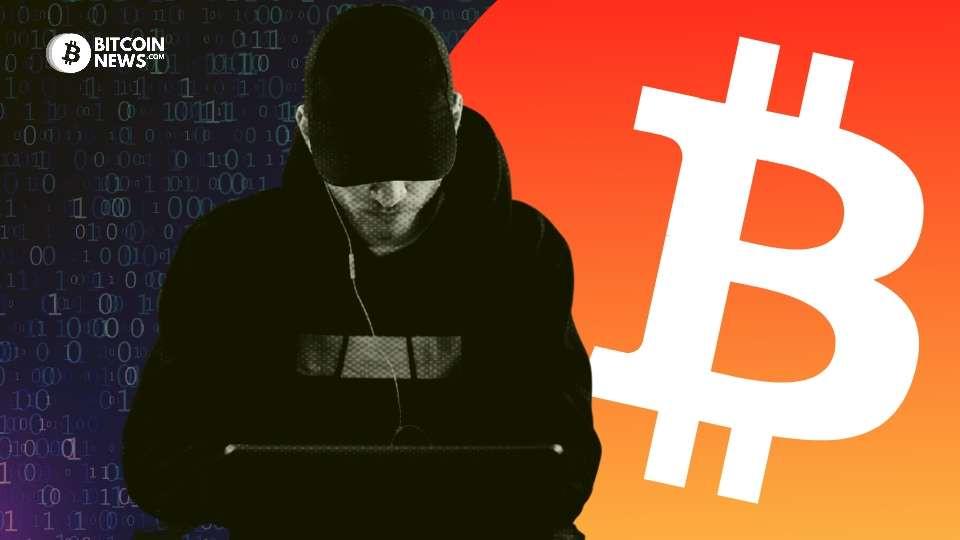During the weekend, there were suspicions that the Bitcoin network had fallen victim to a DoS attack, as evidenced by the surge in transaction fees and significant backlogs in the mempool. This method of attacking Bitcoin involves rendering it more expensive to use by flooding it with excessive transactions causing exorbitant transaction fees.
The surge in the number of suspended transactions resulted in higher-than-normal transaction fees. According to BitInfoCharts, the average bitcoin transaction fee reached $19.20 on May 8, while Mempool.Space indicated a backlog of 444,341 transactions.
However, as of the current moment, transaction fees have decreased to approximately $8, and the count of unconfirmed transactions has fallen to around 417,900.

The heightened network demand resulted in a temporary occurrence where the total cost per block exceeded the block reward of 6.25 BTC.

Typically, each block contains numerous transactions, each requiring a small fee. However, in rare instances, the cumulative fees surpass the block subsidy. This weekend marked the first occurrence since 2017 when such a situation arose again. A Twitter user reported transaction fees amounting to 6.76 BTC:
BITCOIN TRANSACTION FEES HAVE SURPASSED THE BLOCK SUBSIDY COINBASE REWARD
6.76 BTC vs 6.25 BTC
FIRST TIME SINCE 2017 pic.twitter.com/F0PKrlFYmQ
— trevor.btc @ NYC (@TO) May 7, 2023
The increased activity and demand for blockspace can be attributed to the growing popularity of Bitcoin inscriptions.
Based on data from Glassnode, on May 7, a significant portion of Bitcoin transactions, approximately 75%, made use of Taproot — a transaction type that can be utilized by Ordinals technology to generate non-fungible tokens (NFTs) and embed them into satoshis.

Additionally, with the introduction of the new BRC-20 standard, meme coins can now be created on the Bitcoin network as well.
This sparked speculation among Twitter users. Some stated that the congestion experienced during this period was a result of a DoS attack. Others disagreed and said this is just an increase in bitcoin use and that the protocol is behaving as intended.
In a DoS attack scenario, a large number of transactions are deliberately initiated to impede the Bitcoin network’s speed and intentionally drive up transaction costs.
Bitcoin is under DoS attack. High transaction fees are the chosen pain point by the attacker, probably to makes bitcoin unusable for smaller players. pic.twitter.com/0J56liNSGf
— iris.to/jogi (@proofofjogi) May 7, 2023
But other users refuted this, saying “paying hefty fees to a network isn’t an attack.”
you can’t attack Bitcoin by paying miners a ton of fees
paying for memes is not a DoS attack on bitcoin, mining empty blocks is
— hydrocarbrah (@SGBarbour) May 8, 2023
Others mentioned this could be a perfect opportunity for bitcoin layer 2 solutions to shine.
Additionally, BRC-20’s are spiking the fees making ordinary UTXO transactions more cumbersome.
This is the perfect catalyst to really drive layer-2 innovation in the Bitcoin ecosystem.
Bitcoin must grow or die from this DoS attack. pic.twitter.com/9LjmMtH64U
— McKenna (@Crypto_McKenna) May 8, 2023
Meanwhile, other users mentioned although the current circumstances deprive users of cheap transactions, it’s not the end of the world and it will eventually pass.
It’s not a #Bitcoin “DoS Attack” per se, but people ARE getting denied of service. Yes, they can pay more to get in earlier. But regardless of this fight for block space, there is only so much of it and folks WILL have to wait. It’s not untrue to say they are denied service.$KAS https://t.co/FNGMkEYkIH
— Eyal Yablon𐤊a (@fishtuna) May 7, 2023



